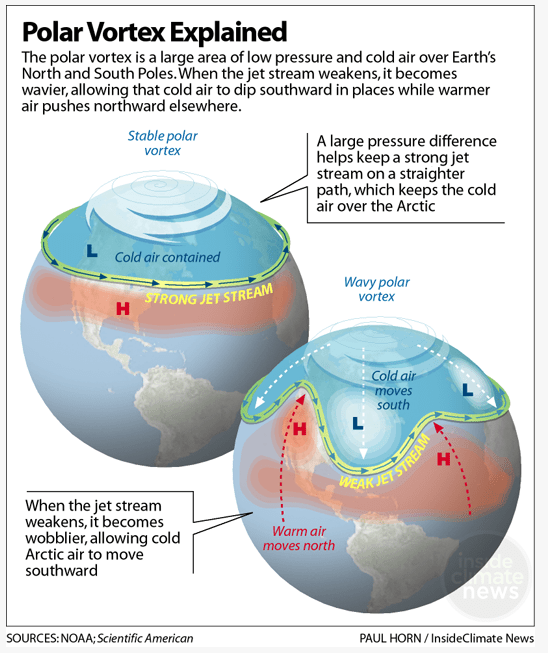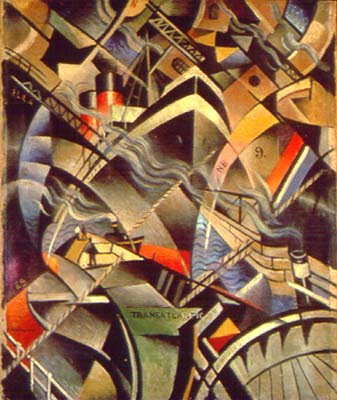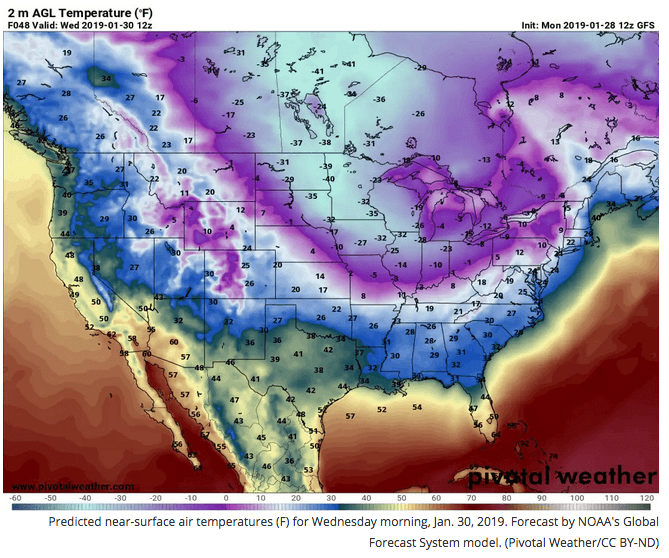Do you remember the way you learned new vocabulary words when you were in school? If your teachers were like mine, they said something like, “Here is a list of vocabulary words from our lesson/story/curriculum that I think are important for you to know. Please use the dictionary and write a definition for each. Then use the word in a sentence.” Was that helpful as you moved forward in the lesson/story/curriculum? Yes. Yes, it was. You learned what the word meant for the context you were presented with, and you learned how to use it in a sentence. In this way, if you encountered that word in the future, you might remember what it meant and even be able to use it yourself. For so many years, I thought that was enough. I thought that there wasn’t anything else to know about a word. But I was wrong. I was soooo wrong! Let me illustrate by choosing a word we currently see in the news every day. Imagine that this is the list selected by your teacher as being words you should know to better understand the current health crisis situation.
~pandemic
~crisis
~coronavirus
~contagious
~quarantine
Here’s what your teacher asks you to do: “Write a definition of each word and then use the word in a sentence.”
Pandemic: “An outbreak of a disease that occurs over a wide geographic area and affects an exceptionally high proportion of the population : a pandemic outbreak of a disease.” The coronavirus is causing a pandemic. (I used the Merriam-Webster dictionary.)
If we just stop there, we know something. We can connect that understanding to what we read in the news. But what if we looked more closely at this word? What if we fully investigated this word using Structured Word Inquiry? What more could we gain?
Pandemic: “An outbreak of a disease that occurs over a wide geographic area and affects an exceptionally high proportion of the population : a pandemic outbreak of a disease.” According to Etymonline, it was first attested in 1660. Before that it was in Late Latin as pandemus. Before that it was in Greek as pandemos “pertaining to all people; public, common”, from pan- “all” and demos “people”. Interestingly enough it is modeled on the word <epidemic> which may be less broad in its reach than a pandemic. The clue to that being the morpheme <pan> “all” being used in <pandemic> versus the morpheme <epi> “among, upon” being used in <epidemic>.
Here is what the Merriam-Webster Dictionary describes as the difference between <epidemic> and <pandemic>:
“A disease can be declared an epidemic when it spreads over a wide area and many individuals are taken ill at the same time. If the spread escalates further, an epidemic can become a pandemic, which affects an even wider geographical area and a significant portion of the population becomes affected.”
So an epidemic can become a pandemic, but a pandemic doesn’t become an epidemic. Interesting distinction!
Now that we have an understanding of what this word means, let’s collect some of its morphological and/or etymological relatives. Still looking at the entry for <pandemic> at Etymonline, we see a link to <demotic> and at the end of the paragraph <pandemia>. If we follow the link to <demotic>, we see <democracy>, <demography>, and <endemic>. Before I leave Etymonline to search elsewhere, I try one more thing. I type demos, the Hellenic root of this word into the search bar. When I do that, many of the same words come up. But there is one I didn’t find earlier — <demogogue>. What a worthy addition to this group of morphological relatives.
Let’s take a look at this list:
pandemic — disease outbreak reaching all the people
epidemic — disease outbreak among a group of people
demotic — preferring to common people
pandemia — epidemic that attacks all people
democracy — government by the people
democratic — favoring government by the people
demography — studying the statistical characteristics of a specific population of people
demographic — relating to the statistical characteristics of a specific population of people
endemic — particular to a specific place group of people
demogogue — leader seeking political power by pandering to prejudices, fears, and ignorance of the people
Here is the grapheme/phoneme correspondence for <pandemic>:
<pandemic>
[pændɛmɪk]
Noting the denotation of the bound base <deme>, the relationship between all of these words is now obvious. We’ve gone from understanding one word, to understanding ten! Instead of meeting one member of a family, we’ve met the family! We are much more likely to remember them when we meet again!
But have we met all of the members? Why didn’t I come across <pandemonium> when I was looking into this family? It appears to share both <pan> and <dem>, doesn’t it? I can certainly think of pandemonium as a chaotic situation involving people. As changes are happening in the way we are reacting to the coronavirus pandemic, it certainly feels like pandemonium! The only way to know for sure is to look at Etymonline.
The first thing I notice is the 1667 spelling of this word. Pandæmonium. Notice the letter after the <d>? That is the Old English letter known as ash. We see that John Milton coined this word putting together Greek pan- “all” and Late Latin daemonium “evil spirit” which is from Greek daimonion “inferior divine power,” and before that from daimōn “lesser god.” We see the same <pan> that we see in <pandemic>, but definitely not the same <deme>!
If we follow the link to <demon>, we find that it was first attested in the 12 c. and at that time meant “evil spirit, malignant supernatural being, devil.” It is from Latin daemon and before that from Greek daimōn “divine power; lesser god.” We have all the evidence we need to prove that the <deme> in <pandemic> is not the same <dem> that we see in <pandemonium>. But is <dem> a base in this word? That determination is something we haven’t collected enough evidence for. So let’s gather a few morphological relatives of <demon>. Below the entry for <demon> we see a list of related words.
~demoness
~demonarchy
~demonic
~demonize
~demonology
~pandemonium
Looking at this list of morphological relatives, it is obvious that the base is not <deme> as it is in <pandemic>, but <demon>! And when I highlight the base as I have, it is easy to recognize some very familiar suffixes, isn’t it? And before you point it out, yes, <arch> is a Hellenic base “ruler, leader, chief” and <loge> is also a Hellenic base “discourse, theory, science.”
Before we walk away from this investigation with the idea that pandemic is not related to pandemonium, we need to notice one more thing at Etymonline. It is the Proto Indo European root for both <pandemic> and <pandemonium>. Under the entry for <demotic> we see that Greek demos is from PIE *da-mo- “division,” from root *da- “to divide.” Under the entry for <demon>, we see that Greek daimōn is from PIE *dai-mon- “divider, provider,” from root *da- “to divide.” Looking at the entry for *da- we see this:
So I guess we can say that these two words are distant relatives! Fascinating, isn’t it? So what have we gained by going beyond a dictionary definition of the word <pandemic>? How is what we have learned useful in understanding this word in the context of a current news story? What we have learned not only deepens our sense of this word in this context, it also connects us to related words and prepares us for coming across any words in this family in the future. The spelling ‘dem’ within a word will now be noticed by you and by me. We will see it and pause for a moment considering whether it is the base <deme> having to do with people, the base <demon> having to do with evil spirits, or maybe not a morpheme on its own at all! But the best part is that we have an understanding of those possibilities and will be able to determine which it is relatively quickly and get on with our reading! You might say that Structured Word Inquiry helps you understand what you need to understand in the moment, but then also prepares you for words you will encounter as you read in the future. A quick look in a dictionary just helps you in the moment.
I have just one more intriguing thing to share with you. I came across this article today at Aleteia and couldn’t believe the irony. It is about Saint Corona, whose remains are buried in Anzu, Italy, and who just happens to be one of the patron saints of pandemics. If you’re like me, you are sitting there saying to yourself, “Is that for real?” It is. Read about it HERE. Saint Corona died a tragic and disturbing death at age 16.

Wikipedia St. Corona, abt 1350
I’ve left you with the rest of the list we started with – the list of words related to our current world health crisis. Besides a dictionary definition, what can you find out that would benefit your understanding now and also as you encounter other words in years to come? Structured Word Inquiry affects your reading, your writing, and your enjoyment of learning! If you find out really cool stuff, please share!
Crisis: “A situation that has reached a critical phase.” The spread of the coronavirus has caused a health crisis.
Coronavirus: “any of a family (Coronaviridae) of single-stranded RNA viruses that have a lipid envelope studded with club-shaped projections, infect birds and many mammals including humans, and include the causative agents of MERS, SARS, and COVID-19 .” There are new cases of the coronavirus in the United States every day.
Contagious: “Transmissible by direct or indirect contact with an infected person.” The coronavirus is extremely contagious.
Quarantine: “A restraint upon the activities or communication of persons or the transport of goods designed to prevent the spread of disease or pests.” People who have been exposed to the coronavirus are asked to voluntarily quarantine themselves.













